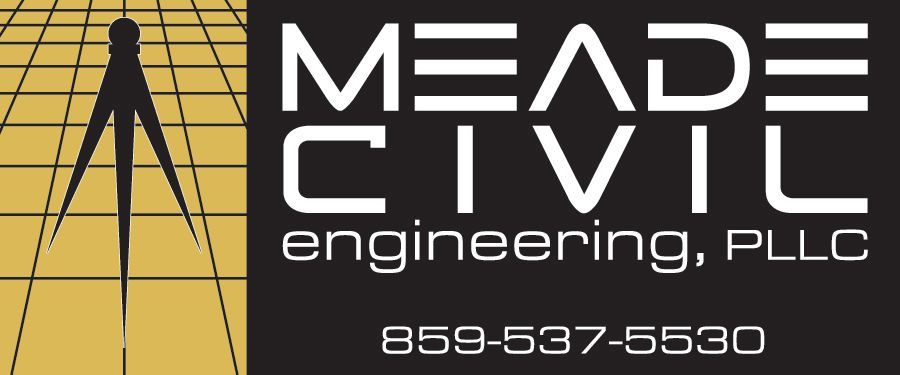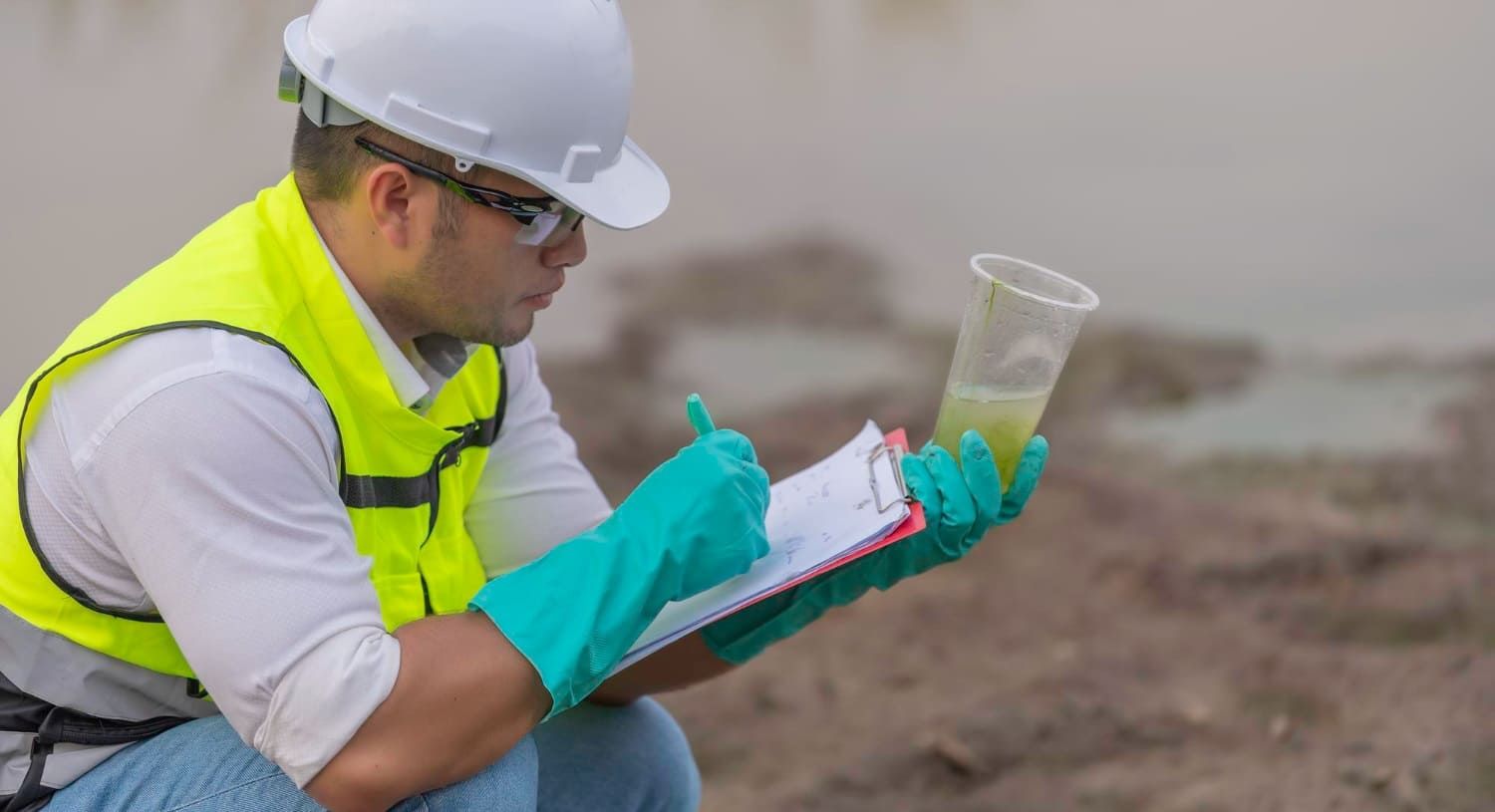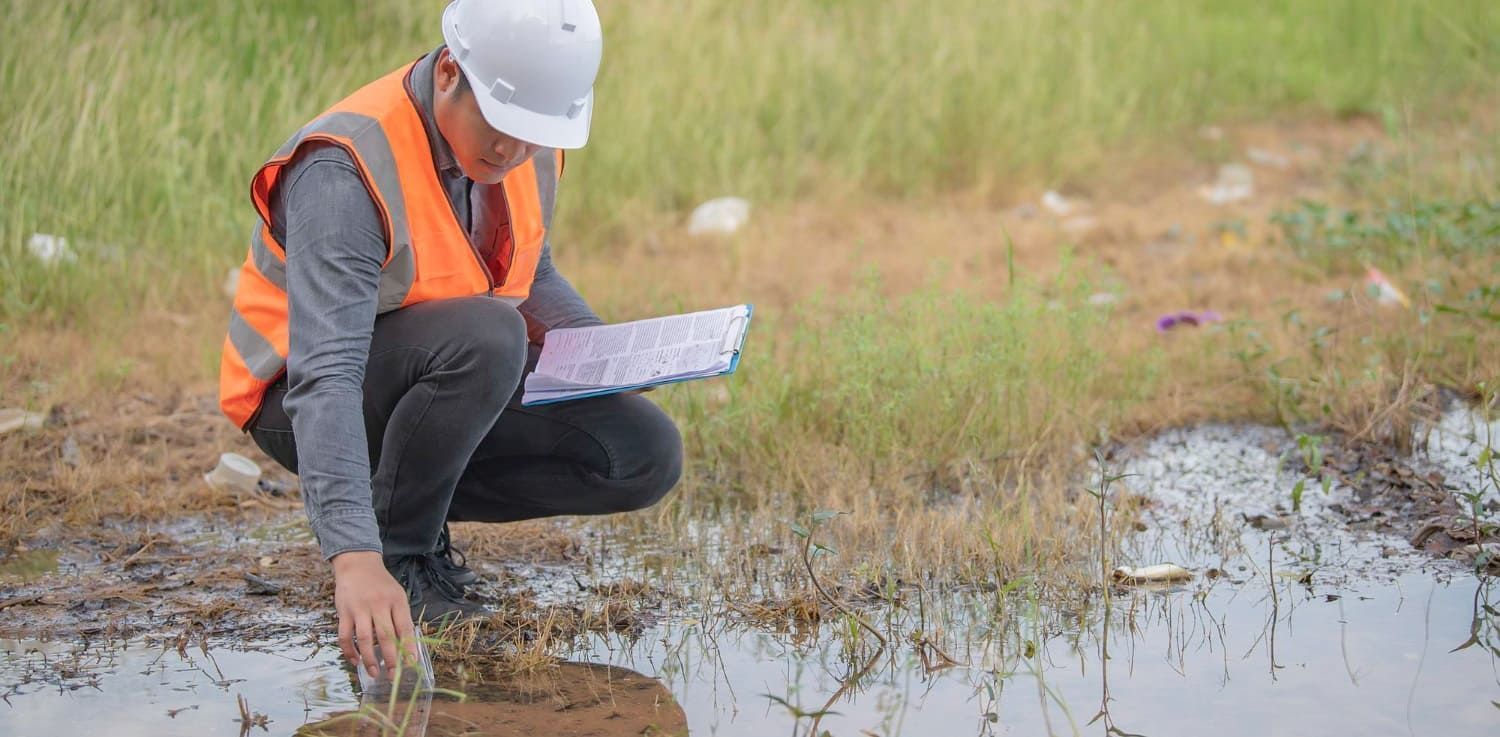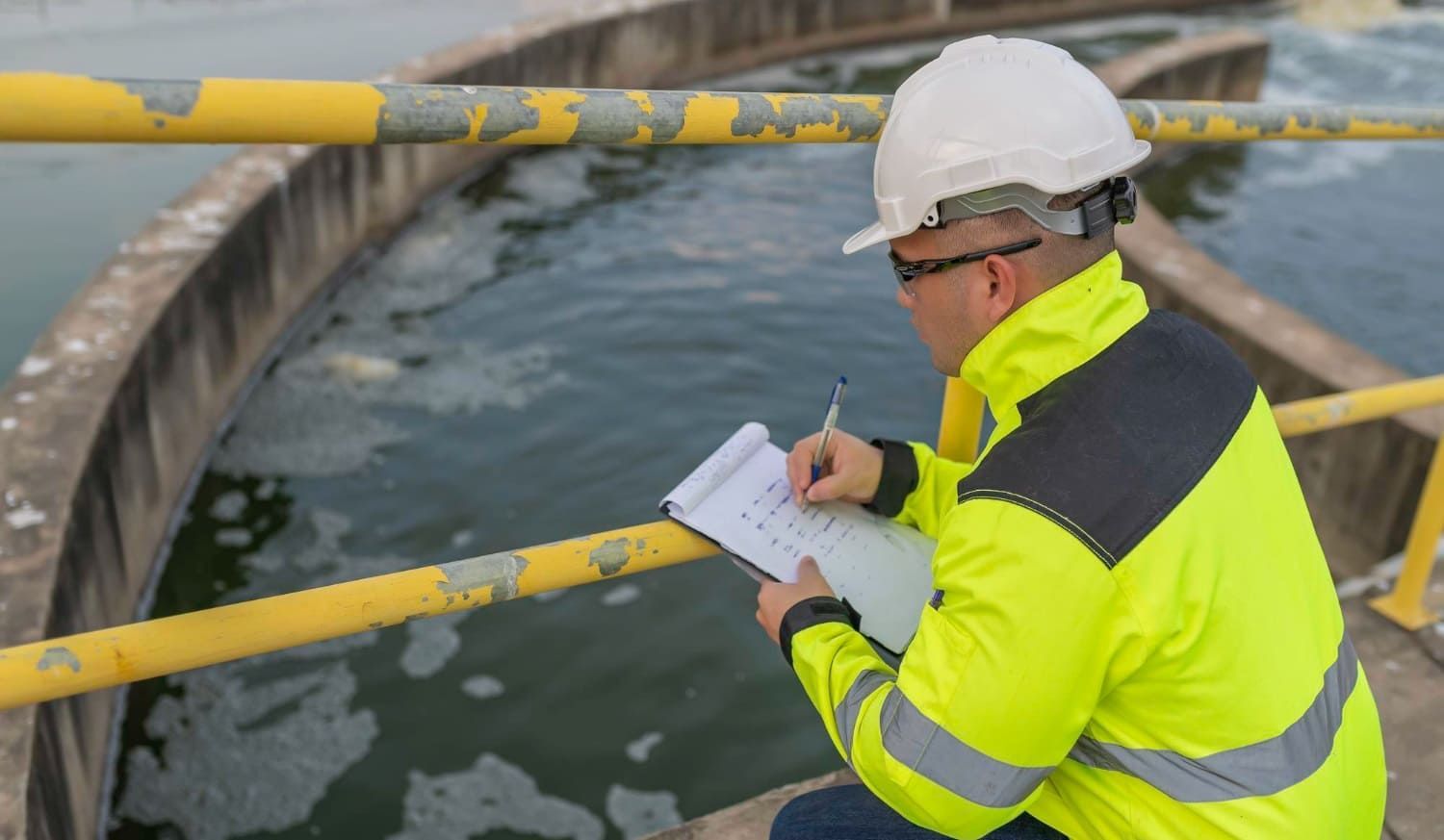Groundwater Assessment Services: Safeguarding Your Water Quality
Groundwater is a vital resource that supplies drinking water, irrigation, and industrial processes. However, it can be susceptible to contamination from various sources, including agricultural runoff, industrial waste, and improper disposal of hazardous materials. Our Groundwater Assessment Services are designed to evaluate the quality and safety of your groundwater, ensuring compliance with environmental regulations and protecting public health.
What is a Groundwater Assessment?
A Groundwater Assessment is a systematic evaluation of groundwater quality and quantity in a specific area. This process involves:
- Sampling and Analysis: Collecting water samples from wells or monitoring points to test for contaminants such as heavy metals, nitrates, and volatile organic compounds (VOCs).
- Hydrogeological Studies: Analyzing the geological and hydrological characteristics of the site to understand groundwater flow patterns and potential sources of contamination.
- Risk Assessment: Evaluating the potential risks to human health and the environment based on the assessment findings.
Benefits of Groundwater Assessment
Groundwater assessment is crucial for understanding and managing the vital water resources beneath the surface. By conducting thorough assessments, you can safeguard against potential environmental and health risks, ensure compliance with regulatory standards, and make informed decisions that support sustainable development. Whether you're involved in property development, industrial operations, or environmental conservation, a comprehensive groundwater assessment provides the foundation for protecting this essential resource.
- Risk Mitigation: Identify and address potential groundwater contamination risks before they become major issues.
- Regulatory Compliance: Ensure that your project meets all local, state, and federal environmental regulations.
- Sustainable Resource Management: Monitor and manage groundwater resources to support long-term sustainability.
- Informed Decision-Making: Gain valuable insights into groundwater conditions to guide project planning and development.
- Protect Public Health: Safeguard the quality of groundwater to ensure it remains a safe drinking water source.
Types of Groundwater Assessments
Groundwater assessments are customized to address the specific requirements of different projects and environmental scenarios. Understanding the various types of assessments available can help you choose the right approach for your needs:
- Baseline Groundwater Assessments: These assessments establish the initial quality and quantity of groundwater before any development, construction, or industrial activity begins. Baseline assessments are essential for setting a reference point against which future changes in groundwater conditions can be measured. They are particularly important for new projects to ensure that existing water resources are not negatively impacted by planned activities.
- Contamination Investigations: These assessments are designed to identify and quantify pollutants or contaminants present in groundwater. Contamination investigations are crucial in areas where industrial, agricultural, or commercial activities have the potential to introduce harmful substances into the water supply. These investigations help in determining the extent of contamination, identifying the source, and developing strategies for remediation to protect both human health and the environment.
- Aquifer Testing: Aquifer testing involves evaluating the capacity, recharge rates, and overall health of aquifers. This type of assessment is vital for determining whether an aquifer can sustainably support long-term water supply needs for residential, agricultural, or industrial use. Aquifer tests provide valuable data on groundwater flow rates, storage capacity, and the impact of pumping on surrounding water levels, helping in the planning and management of water resources.
- Water Quality Monitoring: Regular water quality monitoring involves the periodic sampling and analysis of groundwater to track changes in its chemical and physical properties over time. This type of assessment is essential for ensuring ongoing compliance with environmental regulations and maintaining the safety of water supplies. Continuous monitoring helps in early detection of any emerging contaminants or issues, allowing for timely interventions to protect groundwater quality.
- Hydrogeological Studies: These comprehensive studies focus on understanding the movement and behavior of groundwater within an area. Hydrogeological studies involve mapping groundwater flow patterns, identifying recharge areas, and assessing potential contamination pathways. These studies are critical for projects that require a detailed understanding of the subsurface environment, such as large-scale developments, mining operations, or environmental remediation efforts. They provide the necessary information to make informed decisions about land use, water management, and environmental protection.
By conducting the appropriate type of groundwater assessment, you can ensure that your project is built on a solid foundation of knowledge and responsibility, protecting both your investment and the surrounding environment.
Useful Cases for Groundwater Assessment
Groundwater assessments are crucial in a variety of scenarios, providing essential information for decision-makers:
- Property Development: Before any construction, an assessment ensures that the site’s groundwater is safe and that the project won’t negatively impact the water supply.
- Agricultural Management: Farmers use groundwater assessments to monitor and manage water use for irrigation, ensuring that agricultural activities do not deplete or contaminate local water sources.
- Industrial Operations: Industries must conduct regular assessments to ensure that their operations do not harm local groundwater resources, helping them stay compliant with environmental regulations.
- Environmental Conservation: Assessments are critical for protecting natural habitats that rely on groundwater, ensuring the preservation of ecosystems.
- Public Water Supply: Municipalities and water providers use groundwater assessments to ensure the safety and reliability of public drinking water sources.
By conducting thorough groundwater assessments, you can protect your project, comply with regulations, and contribute to the sustainable management of this vital resource.
Key Aspects of Our Groundwater Assessment
- Comprehensive groundwater analysis
- Advanced groundwater testing techniques
- Expertise in regulatory compliance
- Sustainable groundwater resource management
- Customized groundwater assessment solutions
- Groundwater contamination risk mitigation
- Experienced hydrogeology team
- Precise groundwater quality reporting
- Environmental groundwater protection
- Client-focused groundwater consulting services
Get Started with Your Groundwater Assessment Today
Protecting your groundwater is essential for the health of your community and the environment. Contact MEADE-CIVIL Engineering, PLLC at (704) 655-7290 to schedule your Groundwater Assessment. Our team of experts is ready to provide you with reliable assessments that ensure the safety and quality of your water resources. Don’t wait—reach out today and take the first step toward safeguarding your groundwater!
Engineering License in North Carolina, South Carolina, Kentucky, Tennessee, and Alabama
Essential Questions About Groundwater Assessment
Expert Answers for Informed Groundwater Decisions.
What is a Groundwater Assessment?
A Groundwater Assessment is a comprehensive evaluation of groundwater quality and quantity in a specific area. It involves sampling, analysis, and hydrogeological studies to identify potential contamination and assess the overall health of the groundwater supply.
Why is Groundwater Assessment important?
Groundwater assessments are essential for detecting contamination, ensuring compliance with environmental regulations, and protecting public health. They help identify risks that could affect drinking water supplies and agricultural practices.
What are the common contaminants tested in groundwater assessments?
Common contaminants include heavy metals (like lead and arsenic), nitrates, volatile organic compounds (VOCs), pesticides, and pathogens. Testing for these substances is crucial for determining water quality.
How is a Groundwater Assessment conducted?
A Groundwater Assessment typically involves:
- Collecting water samples from wells or monitoring points.
- Analyzing samples for contaminants.
- Conducting hydrogeological studies to understand groundwater flow and potential sources of pollution.
- Preparing a report with findings and recommendations.
How long does a Groundwater Assessment take?
The duration of a Groundwater Assessment can vary based on the property's size and complexity. Generally, it can take anywhere from a few weeks to a couple of months, depending on the scope of work and laboratory analysis.
Who should conduct a Groundwater Assessment?
Groundwater Assessments should be conducted by qualified professionals, such as hydrogeologists or environmental scientists, who have the expertise to perform thorough evaluations. Our team at MEADE-CIVIL Engineering, PLLC is highly qualified and experienced in this field.
Are Groundwater Assessments required by law?
While not always legally mandated, many lenders and regulatory agencies require Groundwater Assessments before property transactions or development projects to ensure due diligence and compliance with environmental laws.
Can I conduct a Groundwater Assessment myself?
While preliminary research can be done by property owners, a comprehensive Groundwater Assessment should be performed by qualified professionals to ensure accuracy and compliance with regulations.
How can a Groundwater Assessment impact property value?
A thorough Groundwater Assessment can enhance property value by providing assurance to potential buyers that the groundwater is safe and compliant with regulations, thereby reducing perceived risks.
How much does a Groundwater Assessment cost?
The cost of a Groundwater Assessment varies based on the property's size, location, and complexity. Contact us at (704) 655-7290 for a customized quote based on your specific needs.






